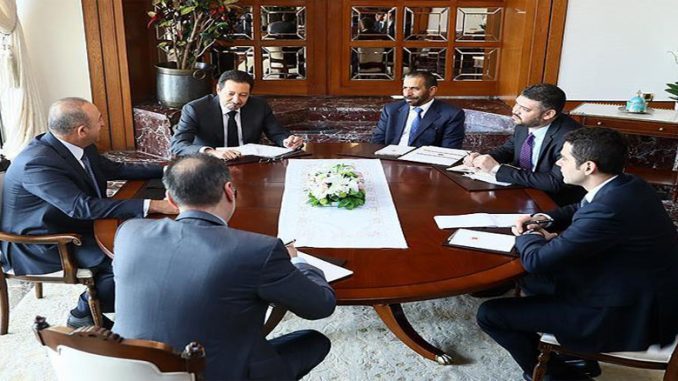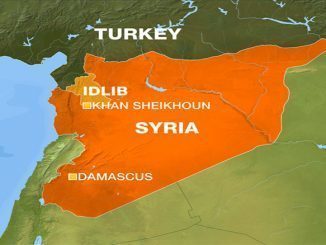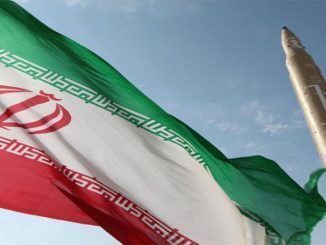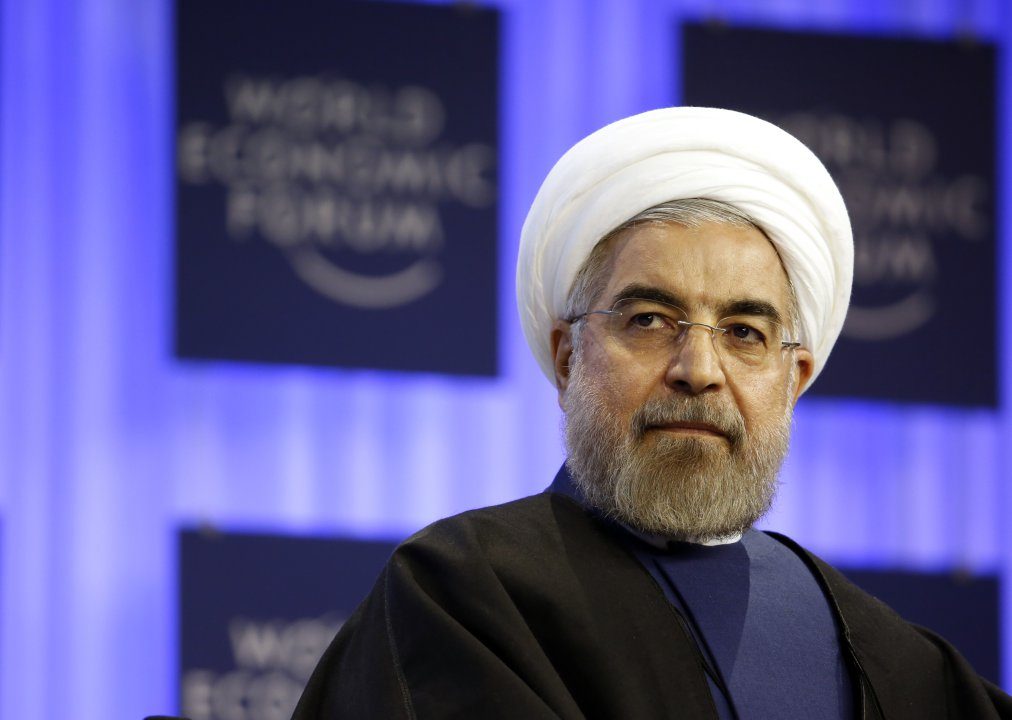
Meeting comes after Saudi Arabia, UAE, Bahrain, Egypt and Yemen cut ties with Qatar last week
The recent developments in the Gulf crisis topped the meeting, the source, who asked not to be named due to restrictions on talking to the media, said.
The meeting was between Foreign Minister Mevlut Cavusoglu, Saudi Ambassador Waleed A. Elkhereiji, Emirati Ambassador Khalifa Shahee Almarar and Bahrain’s Acting Ambassador Komail Ahmed, the source said.
Cavusoglu had raised concerns of Turkey and expectations from the international community over the crisis at the meeting; he also mentioned the contacts he made to resolve the issue, the source added.
Turkey, Iran support Qatar
As the pressure from its neighbors starts to bite, Qatar is receiving support from two non-Arab partners.
Iran and Turkey are sending planeloads of food supplies to Qatar, while Turkey has offered to do the same and fast-tracked legislation approving the deployment of Turkish troops in the small Gulf state for military training cooperation.
Qatar hosts a Turkish military base (as well as a far larger and key U.S. one – the forward headquarters of U.S. Central Command at the Al Udeid Air Base).
Qatar denies the allegations of its Gulf neighbors, Saudi Arabia, the United Arab Emirates and Bahrain, along with Egypt, Jordan and several other countries, that it supports Islamist extremists and Iran.
Those countries have cut diplomatic ties and air links, and Saudi Arabia has also closed off the peninsular nation’s only land border. They dispute, however, that the measures amount to a “siege” or “blockade,” as Qatar claims.
Iranian media outlets report that the national carrier, Iran Air, has flown in planeloads of vegetables, and that preparations are also underway to ship food across the Persian Gulf from Iranian ports.
Iran earlier opened its airspace to Qatari flights bound for Europe and North Africa, since Saudi Arabia., the UAE and Bahrain have closed their airspace to Qatari aircraft,.
Turkish President Recep Tayyip Erdogan has also sided with Qatar in the dispute, telling members of his ruling party at a Ramadan fast-breaking event that “we will not abandon our Qatari brothers.”
Erdogan said he had never witnessed Qatar supporting terrorism, and that his country “will continue to give all kinds of support to Qatar.”
But Erdogan’s and the Qataris’ view of terrorism does not necessarily coincide with those of other governments involved in the dispute, especially Saudi Arabia, the UAE and Egypt. Turkey and Qatar have long been region’s most loyal supporters of both the Palestinian terrorist organization Hamas and its Muslim Brotherhood parent – two organizations which the Saudis and others involved in the dispute want Doha to stop sponsoring.
Iran, too, is a key supporter of Hamas, as well as being the main target of the Saudi-led group’s animosity.
Given that, Iran’s and Turkey’s support for Qatar may just reinforce its critics’ view that it is an outlier in the region, and add fuel to the fire.
“Qatar has been given a choice,” the UAE’s ambassador to Russia, Omar Saif Ghobash,said. “Do you want to be one of the Gulf states or do want to be in the pocket of, now, Turkey, but also Iran, and Islamic extremists?”
“They have to make that choice,” he said. “They can’t have it both ways.”
Ghobash accused the Qatari government of pursuing an “incredibly destructive policy.”
UAE foreign affairs minister Anwar Gargash said on Twitter at the weekend that Qatar should be focused on addressing the concerns of its Arab siblings, not turning to its “allies” Turkey and Iran.
Earlier, Gargash tweeted that Qatar looking for protection from the non-Arab pair was a new and “tragically comic” chapter.
The Emirati minister also disputed that Qatar was being blockaded or besieged, saying that was not consistent with the fact that it continues to have a large fleet of aircraft and an operating airport.
Muslim Brotherhood spiritual leader targeted
After President Trump’s initial tweets backing the Saudis and their partners in the row, his administration is seeking to mediate between the parties.
In carefully calibrated remarks Friday, Secretary of State Rex Tillerson called on Qatar to be responsive for its neighbors’ concerns, but also urged the other countries to ease what he too referred to as a “blockade.”
“Qatar has a history of supporting groups that have spanned the spectrum of political expression, from activism to violence,” he said at the State Department. “The emir of Qatar has made progress in halting financial support and expelling terrorist elements from his country, but he must do more and he must do it more quickly.”
Tillerson said other countries in the region, too, should “eliminate factions of support for violent organizations within their own borders,” noting that was a commitment made by participants at the U.S.-Islamic-Arab summit attended by Trump last month.
Of the “blockade,” Tillerson said the action was having humanitarian consequences, impairing business, and was “hindering U.S. military actions in the region and the campaign against ISIS.”



